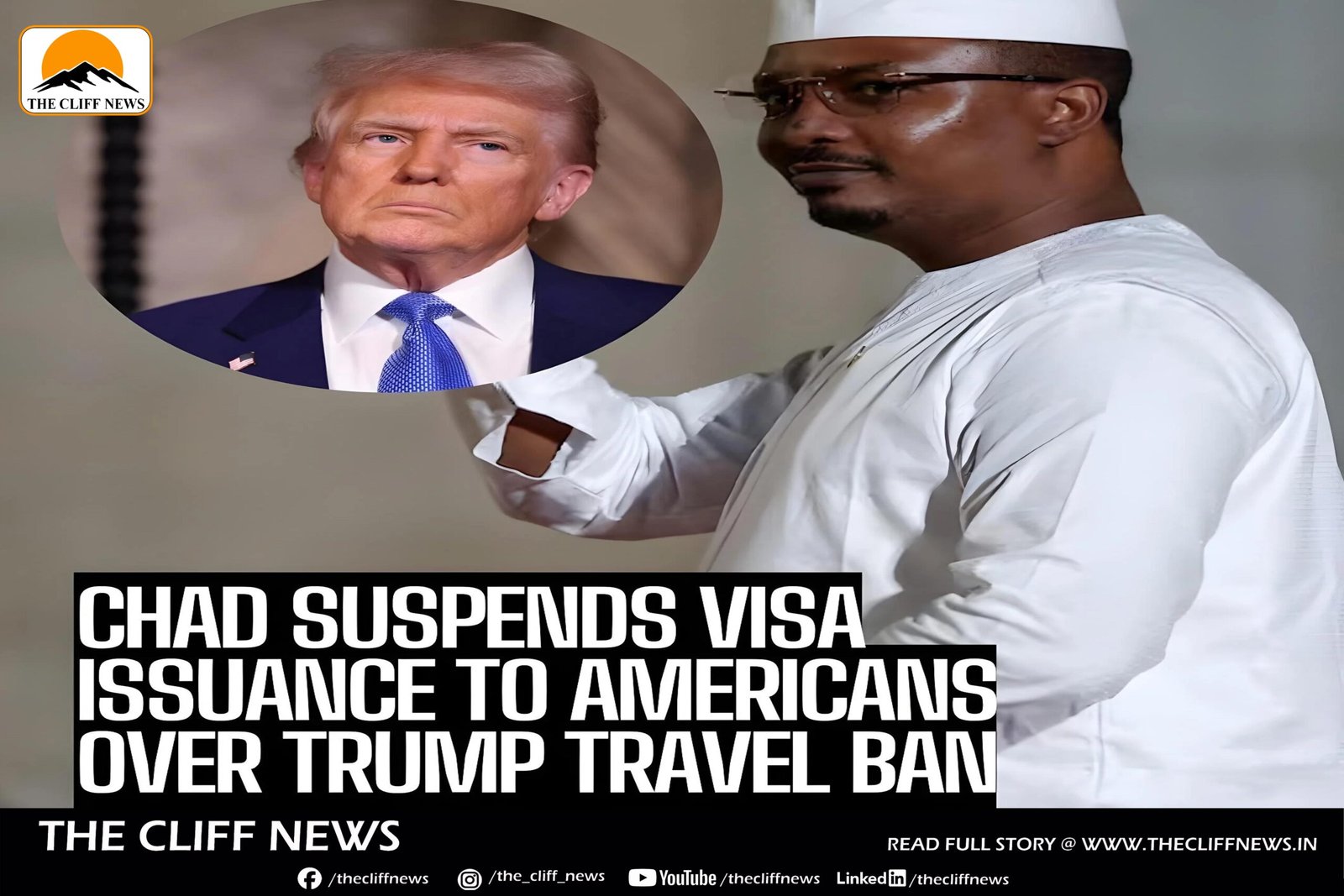Iranian Foreign Minister Abbas Araqchi and U.S. Middle East envoy Steve Witkoff are set to engage in a fifth round of nuclear negotiations in Rome on Friday, mediated by Omani officials, as both sides attempt to bridge stark differences over Tehran’s nuclear ambitions. The talks come despite a warning from Iran’s Supreme Leader Ayatollah Ali Khamenei, who expressed serious doubts over the prospects of a deal.
Key Highlights:
- Indirect and Direct Talks: While Iran maintains the talks are indirect, U.S. officials have confirmed that previous discussions, including the May 11 round in Oman, involved both direct and indirect communication.
- Primary Goals:
- The U.S. seeks to limit Iran’s nuclear enrichment capacity to prevent weaponization.
- Iran is pushing for the lifting of crippling economic sanctions, particularly those affecting its oil exports.
Diplomatic Standoff
Washington, represented by Secretary of State Marco Rubio, has indicated support for a deal allowing Iran a civil nuclear energy program without uranium enrichment. Rubio admitted this would be a difficult compromise, saying, “Achieving such a deal will not be easy.”
Khamenei countered this position sharply, rejecting demands to cease enrichment as “excessive and outrageous”, and signaling that Iran would not bend easily to U.S. conditions. Tehran is open to some limits on enrichment but is seeking strong guarantees that the U.S. will not withdraw from the agreement in the future, a reference to the Trump administration’s 2018 exit from the 2015 Iran nuclear deal (JCPOA).
Sticking Points:
- Enrichment: Iran refuses to halt enrichment or export its highly enriched uranium stockpile.
- Ballistic Missiles: Tehran continues to oppose including its missile program in the nuclear negotiations.
- Security Threats: Iran has warned it will hold the U.S. responsible for any Israeli military strikes on its nuclear facilities.
Broader Implications
With regional tensions simmering and Israel expressing alarm over Iran’s nuclear activities, the Rome talks are being viewed as a critical juncture. A successful outcome could avert the risk of military escalation and revive diplomacy, while failure may exacerbate tensions across the Middle East.
Outlook
Despite the public hardline posturing, both Tehran and Washington appear to see diplomacy as the preferred path. The coming days will be pivotal in determining whether a new nuclear accord — possibly a revised version of the JCPOA — can be reached to stabilize the region and ease economic pressures on Iran.



